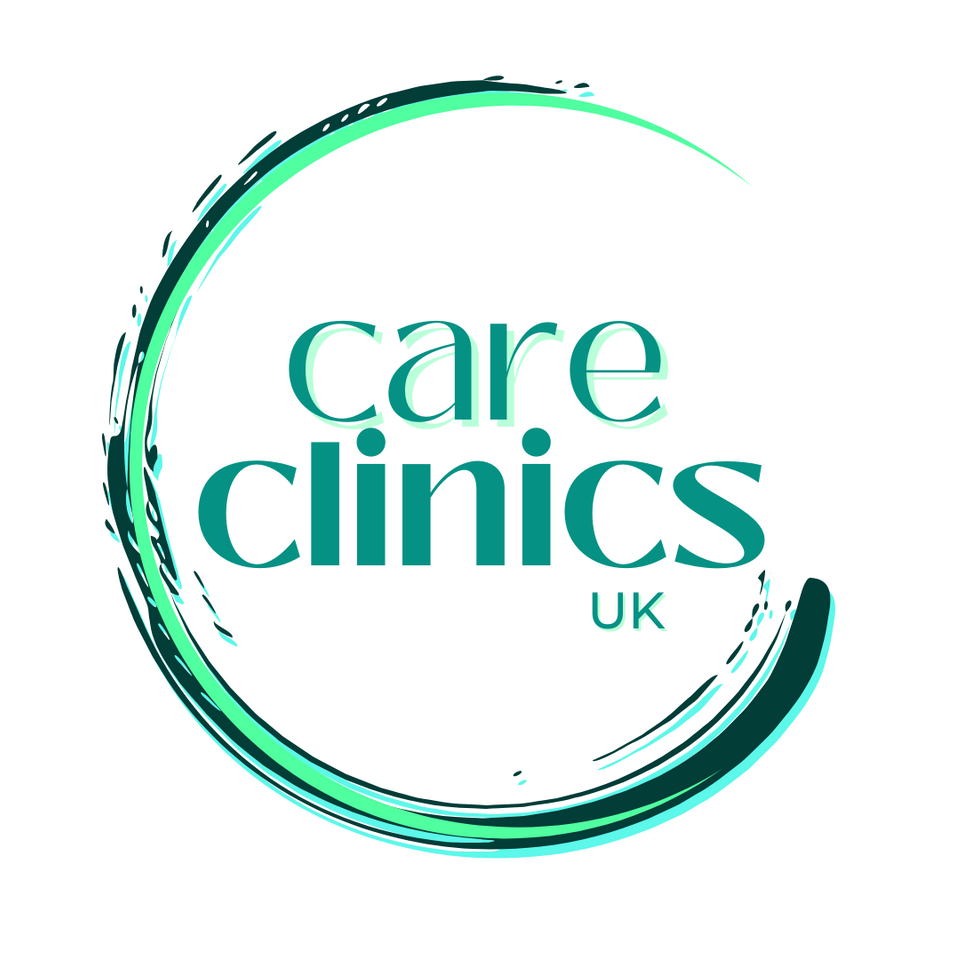Travelling to South America from the UK
Planning a trip to South America from the UK requires careful consideration of health precautions, including vaccinations, protection against malaria, and using insect repellent. Your requirements depend on your travel plans and which countries you plan to visit. Here's a comprehensive guide to help you prepare.
Vaccinations
Routine Vaccinations
Ensure routine vaccinations such as measles-mumps-rubella (MMR), and flu if applicable, are up to date before travelling.
Hepatitis A and B
Recommended for all travellers.
Typhoid
Recommended for travellers, especially if you plan to visit rural areas or eat street food.
Diphtheria and Tetanus
Risk of Diptheria is higher if you're mixing with locals in poor, overcrowded living conditions. Tetanus boosters are usually recommended in a country or situation where the correct treatment of an injury may not be readily available.
Yellow Fever
Required for entry into certain South American countries such as Bolivia, Columbia and Venezuela. Some countries in South America don't require a Yellow Fever certificate but still carry a high risk of catching the disease, including Brazil, Peru and Chile.
Rabies
Recommended for travellers involved in outdoor and other activities that put them at risk of animal bites.
Meningitis
Recommended if travelling during the dry season to the Amazon basin. Check your travel plans to see if this applies to you.
Make an appointment with one of our travel experts at Prestwich Travel Clinic at least 4-6 weeks before your trip for a personalized vaccination plan.
Top five places to visit in South America
Malaria
Malaria risk exists in certain regions of South America, including parts of Brazil, Peru, Colombia, Venezuela, Bolivia, Ecuador, Guyana, French Guiana, and Suriname. Depending on the specific areas you plan to visit, your healthcare provider may prescribe antimalarial drugs.
Common malaria prophylaxis options include:
Atovaquone-Proguanil (Malarone) £2.50/tablet
This combination medication is often prescribed for travellers to regions where malaria is prevalent. It's usually well-tolerated but may cause side effects in some individuals.
Doxycycline £0.60/tablet
Doxycycline is an antibiotic that can also be used as a malaria prophylaxis. It's taken daily and should be started before entering a malaria-endemic area and continued for a specified period after leaving.
Mefloquine (Lariam) £4.00/tablet
Mefloquine is another option for malaria prophylaxis, but it may not be suitable for everyone due to potential side effects, including neuropsychiatric symptoms.
Discuss the most suitable malaria prophylaxis option with a travel expert at Prestwich Travel clinic. We will discuss various factors with you, such as your destination, medical history, and potential side effects.
Precautions
In addition to medication, use mosquito nets, wear long-sleeved clothing, and use insect repellents containing DEET, picaridin, or oil of lemon eucalyptus.
Insect Repellent
In addition to malaria prophylaxis, protecting yourself against mosquito bites is essential for preventing other mosquito-borne illnesses.
Here are some tips for using bug spray effectively:
1. Choose an Effective Repellent
Insect repellents help to prevent insects from biting you (it does not kill them). They should contain one of the following ingredients: DEET, Icaradin (Picardin), Lemon Eucalyptus (PMD), or IR3535. These ingredients have been proven effective in repelling mosquitoes.
2. Apply Properly
Follow the instructions on the repellent label for proper application. Apply the repellent to exposed skin and clothing, taking care to avoid sensitive areas like the eyes, mouth, and open wounds.
3. Reapply as Needed
Mosquito repellents may need to be reapplied every few hours, especially if you're sweating heavily or swimming. Carry a small bottle of repellent with you so you can reapply as needed throughout the day.
4. Use Protective Clothing
In addition to bug spray, wearing long sleeves, pants, and socks can provide added protection against mosquito bites, especially during dawn and dusk when mosquitoes are most active
Additional Tips
Clothing
Wear long-sleeved shirts, long pants, and hats, especially during dawn and dusk when mosquitoes are most active.
Mosquito Nets
Use bed nets treated with insecticide if you're staying in accommodations without screens or air conditioning.
Avoidance
Try to avoid areas with standing water, as they are breeding grounds for mosquitoes.
Stay Informed
Keep up to date with travel advisories and health recommendations for the specific countries you plan to visit.
Remember, while these precautions can significantly reduce your risk of mosquito-borne illnesses, they do not guarantee complete protection. It's essential to stay vigilant and seek medical attention if you develop any symptoms during or after your trip.








